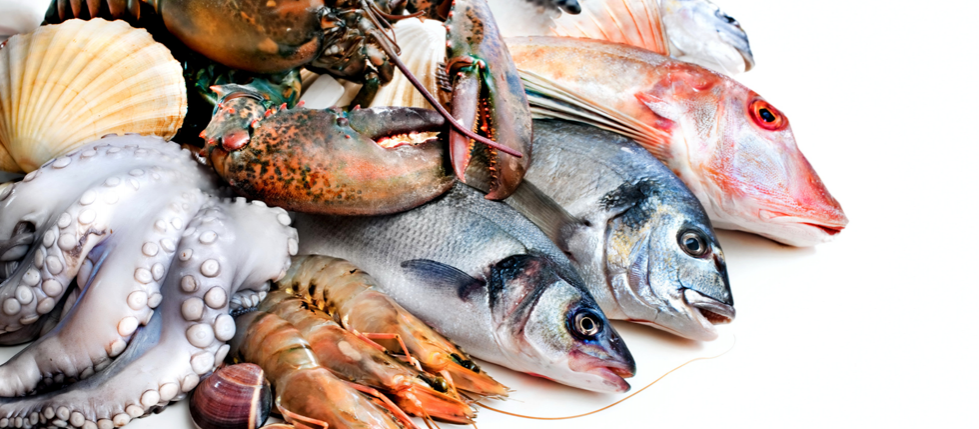
The seafood-consuming community is disturbed from a recent revelation about the potential health risks associated with the consumption of fish preserved with formalin. This carcinogenic chemical, commonly used to keep seafood fresh, has been identified as a significant threat to human health, particularly to the kidneys. Formalin, a solution of formaldehyde gas dissolved in water, is frequently misused in the preservation of fish for consumption. Despite being highly dangerous due to the harmful effects of formalin on human health, this practice continues in some unregulated markets.
The chemical is a known kidney toxin, and regular exposure to it can cause severe harm to the kidneys. Dr. Mohit Khirbat, a Consultant Nephrologist at CK Birla Hospital in Gurugram, explained the dangers of formalin exposure. Formaldehyde, the active ingredient in formalin, is a known kidney toxin. It can be absorbed through the gastrointestinal tract, leading to inflammation and impaired kidney function. Chronic exposure to even low levels of formaldehyde can result in progressive kidney disease, he said.
The dangers of formalin are not limited to kidney damage. The chemical can also cause respiratory issues and other serious health problems. Dr. Salil Jain, Senior Director & HOD of Nephrology at Fortis Memorial Research Institute, Gurugram, elaborated on this, stating, When fish are treated with ammonia formalin tablets to keep them fresh, the chemical leaches into the flesh, contaminating it. Prolonged exposure to formalin through food can lead to kidney dysfunction, respiratory issues, and other serious health problems.
The US Food and Drug Administration (FDA) has also highlighted the dangers of formalin exposure in fish. The FDA recommends a maximum formalin concentration of 250 mg/L for a prophylactic bath in fish, with a 1-hour exposure at temperatures below 27 degrees Celsius and dissolved oxygen above 4 mg/L. Exceeding these limits, especially when formalin is used as a preservative, significantly increases the risk of toxicity.

Dr. Jain further emphasized the illegality and life-threatening nature of formalin's use in food preservation. Avoiding contaminated fish is crucial for long-term health, he added. The misuse of formalin underscores the importance of strict food safety regulations and public awareness to prevent such dangerous practices.
In a related context, hair-straightening products have also been found to contain chemicals that increase the risk of cancer, kidney injuries, and breathing issues. These products, which temporarily straighten hair, release formaldehyde into the air as a gas when heated. This puts both customers and salon workers at risk of short-term symptoms like skin irritation, coughing, wheezing, and burning sensations in the eyes, as well as long-term risks.
Some experts have suggested that glyoxylic acid, another chemical found in hair care products, should also be banned based on emerging evidence that it can absorb through the skin and damage the kidneys. Glyoxylic acid is also thought to potentially release formaldehyde when heated.
Historically, there have been several instances where harmful chemicals have been used in food preservation, leading to severe health consequences. For example, in the 1980s, a Spanish cooking oil scandal resulted in the deaths of hundreds of people and illness in thousands more due to the use of an industrial-grade oil in food products. Similarly, the use of formalin in food preservation is not a new issue. In 2018, the Indian state of Kerala witnessed a major controversy when formalin-laced fish were seized from markets, leading to a public outcry and stricter regulations.
Consumers can protect themselves by buying fish from trusted sources, checking for signs of freshness, and being aware of any unusual smell that might indicate chemical preservation. They should also support and advocate for strict food safety regulations.
Related

















